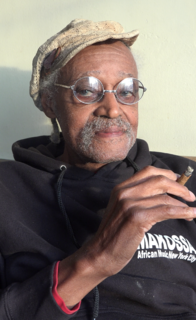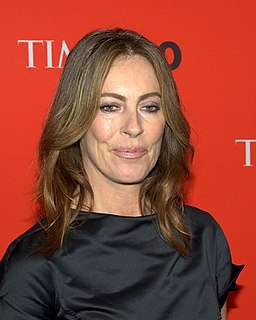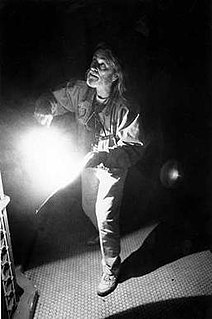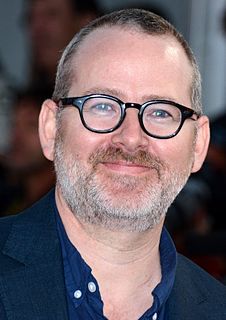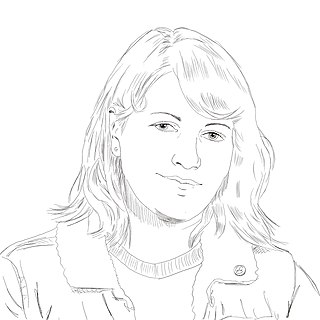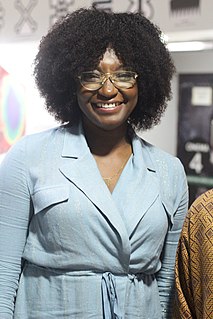A Quote by Panos Cosmatos
Well I don't think of myself as like a horror or science fiction filmmaker. I just think of myself as a filmmaker.
Related Quotes
We've been fighting our whole lives to say we're just human beings like everyone else. When we start separating ourselves in our work, that doesn't help the cause. I've heard it for years: 'How do you feel being a black filmmaker?' I'm not a black filmmaker, I'm a filmmaker. I'm a black man, I have black children. But I'm just a filmmaker.
What I react against in other people's work, as a filmgoer, is when I see something in a movie that I feel is supposed to make me feel emotional, but I don't believe the filmmaker shares that emotion. They just think the audience will. And I think you can feel that separation. So any time I find myself writing something that I don't really respond to, but I'm telling myself, 'Oh yes, but the audience is going to like this,' then I know I'm on the wrong track and I just throw it out.
With filmmaking, I for so long was like, oh, I need permission to go out and be a director and be a filmmaker. And I read Robert Rodriguez's 'Rebel Without a Crew.' He just went out and did it, man. In his book, he even says just put your name on a business card and say you're a filmmaker. Congratulations, you're a filmmaker.
I try not to think of myself as a woman filmmaker. I don't look for women influences. I have noticed in the past few years that there is a certain ceiling that a woman filmmaker can reach. I don't believe that it's sexism per se, but there are certain expectations in the industry about what films should be, how they should be made, what stories they should tell, and it's a habit, it's a tradition.




